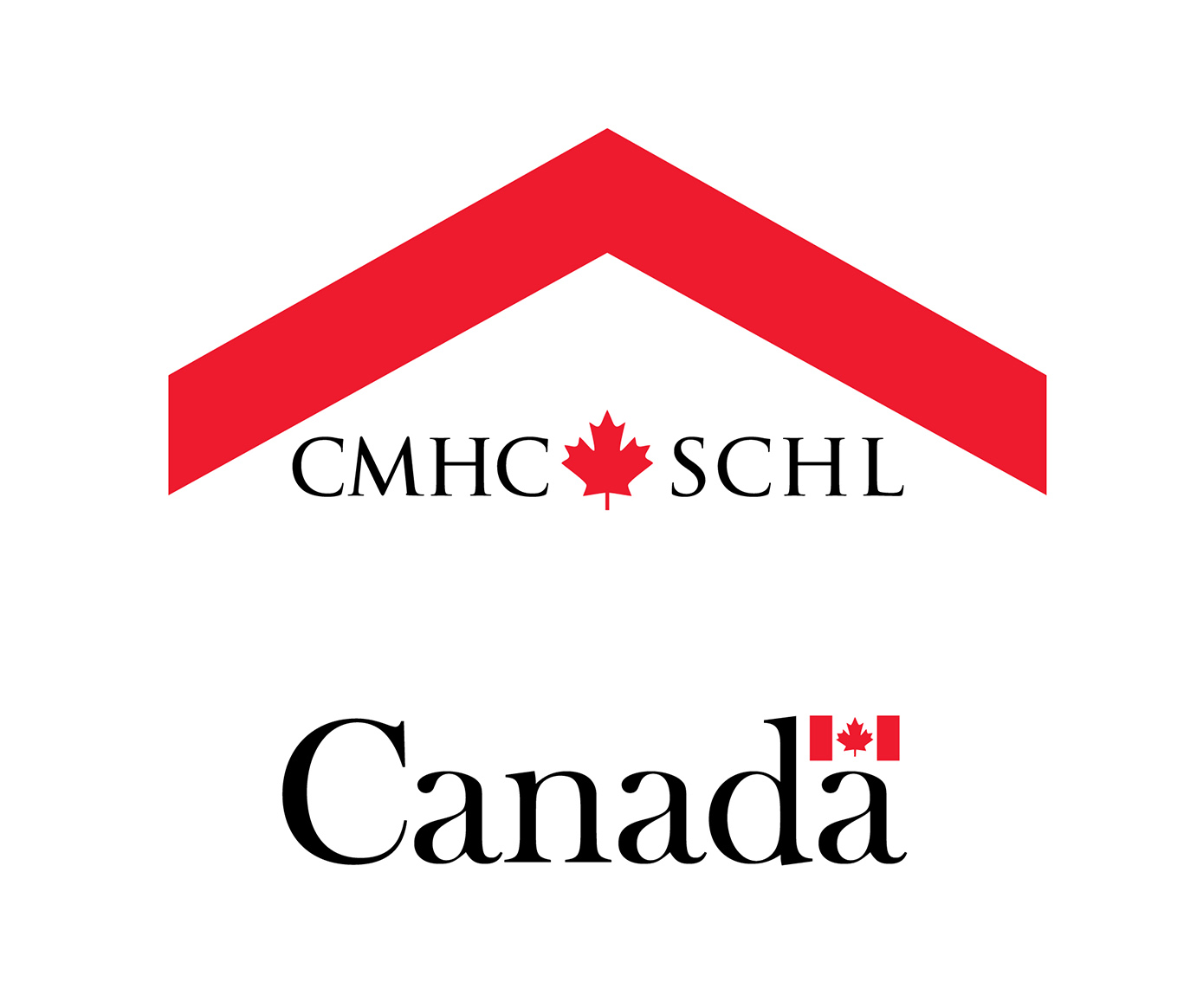Ottawa will soon be participating in the property bubble in a direct, equity-owning way through its new First Time Home Buyer plan. Since the onset of the post-war period, it has been Canadian federal government policy to seek to help low income or dubiously creditworthy would-be home buyers via its Canada Mortgage & Housing Corporation (CMHC).
This Crown corporation is tasked with mortgage insurance and other assistance to this large and growing cohort of property acquirers. It has been accumulating more and more debt, and diversifying into more types of residential real estate and housing financing. While CMHC is diversified by geography and type of financing and buyer, it has still taken on more financial and economic risk. It is not clear it should take on yet one more kind.
The government assures us that the program is likely to remain small, as it constitutes simply having CMHC ‘top up’ buyers’ down payment deficiencies so that they can then qualify for CMHC-insured mortgages. However, there could be many more of these types of buyers than Ottawa estimates. Indeed, the program may generate more interest and induce more renters to entertain the idea of becoming home-owners. This could make the current home affordability issue even worse.
Promoting increased home buying, particularly by cash- and cash flow-challenged renters, may be a good thing. Potential benefits include that home ownership tends to foster responsible personal, financial and employment behavior. Nonetheless, this comes at the cost of creating ever more demand for further houses, townhouses, and condominium apartments. This contributes to magnifying the trend of escalating residential property prices and aggravating the affordability problem which led to this new program, and earlier ones, in the first place.
One way that Ottawa has been selling this new program to voters, as well as home buyers, is that the amount CMHC gives to first time buyers to top up their down payments will become equity that CMHC owns in the home that is purchased. This is meant to reassure us that taxpayers will profit if the home goes up in value. However, if the home should happen to decline in value – which can and does happen in every part of Canada, not just energy-roiled Alberta or Newfoundland – CMHC, and, ultimately, all of us, will lose money when the home is sold. It is small comfort that the homeowner will also lose.
This risk of home price decline piles onto the risk CMHC already takes on when insuring mortgages. It must be vigilant and cross fingers that they – and we – will not be ‘underwater’ when a recession hits and unemployed people are compelled to sell their homes into a depressed, overwhelmed real estate market. The actual mortgages are issued by banks and other financial institutions; the default insurance is CMHC’s alone, and claims come in thick and fast in an economic downturn.
If there are just a few thousand of this new program’s shared-equity homes when that happens, it could be tolerable. However, if there are hundreds of thousands at an average of several thousand dollars each, the losses could mount into the hundreds of millions or even billions of dollars, on top of the mortgage insurance payouts involved in those homes, and the others CMHC already covers.
There is also another issue that is troubling. It is a little chilling that a government will now be a co-owner of a private family dwelling. This makes Ottawa even more intrusive in people’s lives – into their very living room. They will also take away part of any price appreciation the owners may have. This could be the beginning of having government become part of important parts of people’s personal lives and actual persons– which have already been invaded in health care, all sorts of insurance, telecommunications, employment, transport, and so much else. If Ottawa embarks on this new venture one’s home will not be entirely one’s castle anymore. This could be just the beginning.



